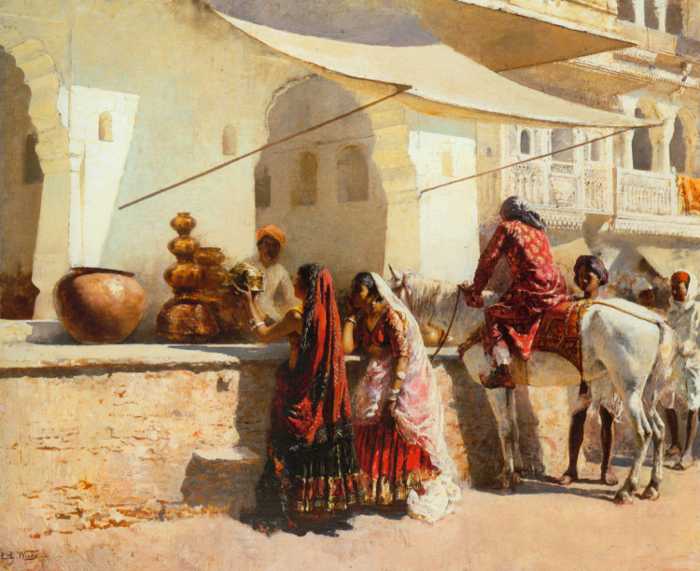FWP:
There's some unspoken but still somehow perceptible wordplay here: Ghalib is explicitly 'nothing'-- but then, his price is also 'nothing', since he's available 'for free'. And as the commentators point out, Ghalib is 'freely' offering himself as some kind of 'slave'-- a kind who's 'free' of charge. (Yet surely he's also already enslaved, since he's in the irresistible grip of passion.)
The subjunctive verb in 'if you would get him' or 'if he would come to hand' [haath aa))e] makes it seem that a kind of deal is being proposed. The deal is madly one-sided no doubt, but still, there is a condition attached. The condition is that when the (free) 'seller' offers the deal, she, the buyer, would accept it-- and thus accept the slave or servant it would provide. And what else would be the lover's deepest desire?
But of course there's no assurance that in fact the beloved would find the reasoning persuasive, or the deal attractive. She might not want the lover on any terms.
Compare the beloved's shrewd assessment of the lover's heart in {174,2}.
On the translation of maanaa as 'have granted', see {38,1}.

Nazm:
If a slave is available for free, then who'd let him go? What's the harm? That is, what badness is there in the slave, or what badness is there in that transaction? (175)
== Nazm page 175